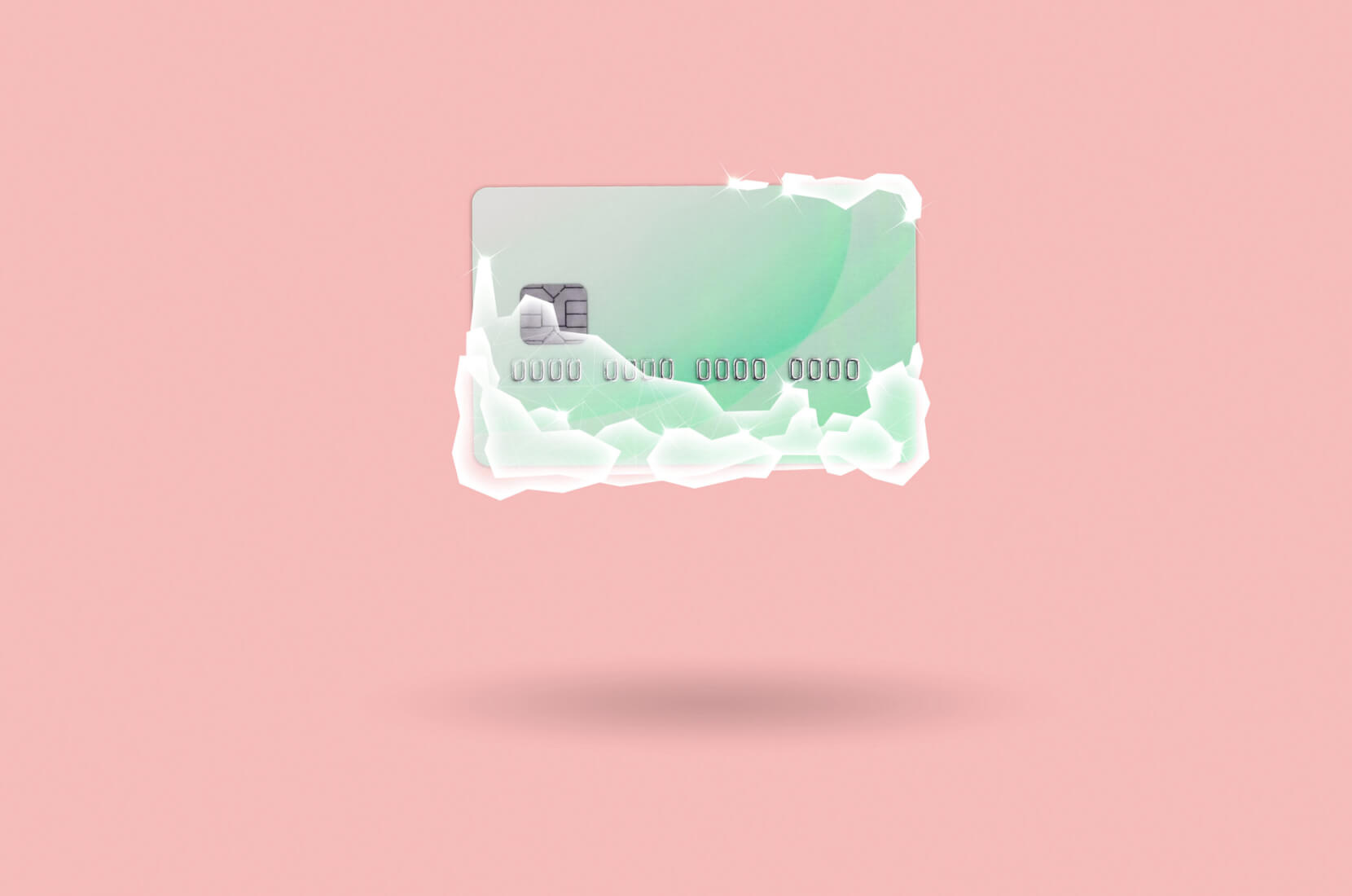When is a credit freeze useful? You can freeze your credit if you suspect you’re a victim of identity theft or if your personal or financial information has been compromised in a data breach.
Freezing your credit can help keep identity thieves from opening new accounts in your name. If you need to unfreeze your credit report, you can give authorization to each of the credit bureaus, through a protected account or by using your assigned PIN. Be aware that you still have access to your credit records and scores under a credit freeze and it doesn’t hurt your credit score.
Pros and Cons of a Credit Freeze
The benefits of a credit freeze include security (freezes are protected by law, locks aren’t) and flexibility, meaning you can add and remove them from your report as needed.
However, be aware with credit freezes, you’ll most likely need to track and safely store a different PIN for each credit bureau. Also, if you want to lock your credit instantly, then a credit freeze might not be your best option since it can take up to 5 business days for the freeze to take effect.
How to Freeze Your Credit Report
You can freeze your credit with the credit bureaus over the phone, online, or by mail. However, you’ll need to request a credit freeze at each of the credit bureaus, which means contacting TransUnion, Experian, and Equifax separately. After verifying your identity and freezing your credit, you’ll be given a PIN, which you’ll need when it comes time to unfreeze it.
In general, a credit freeze lasts until you choose to unfreeze it, but this varies in some states, so be sure to check the laws and guidelines in your area.
To freeze your credit at each of the 3 credit bureaus, the information is as follows:


